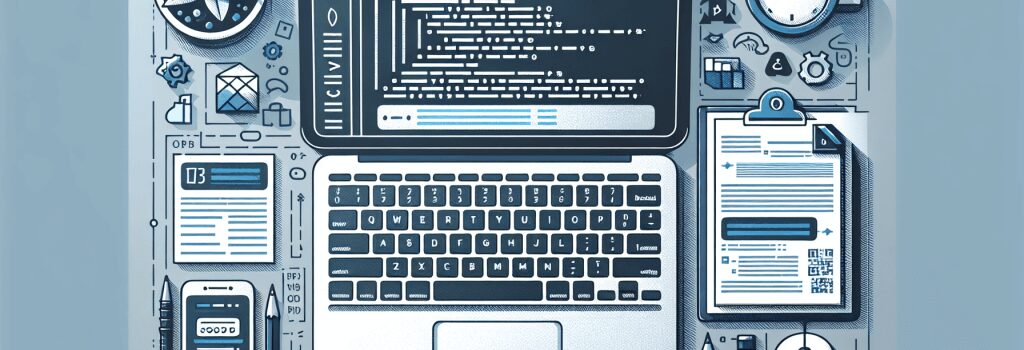The Art of Writing Compelling Cover Letters for Web Developers

Introduction to Crafting Captivating Cover Letters
As a web developer, pushing the boundaries of creativity and functionality is part of your DNA. But when it comes to landing your dream job or freelance projects, how you present yourself on paper (or digitally) is equally critical. Crafting a compelling cover letter can set you apart from a pool of candidates by showcasing your personality, passion, and technical expertise. Let’s dive into how to create a cover letter that resonates with hiring managers and leads you one step closer to your next web development opportunity.
Understanding the Purpose of Your Cover Letter
Tailoring Your Approach
A one-size-fits-all approach doesn’t work with cover letters. Customizing your message for each application demonstrates your genuine interest in the position and the company. Research the company’s projects, culture, and the specific requirements of the job. This knowledge will help you highlight how your skills and experiences make you the perfect fit for their team.
Highlighting Your Skills and Experiences
Your cover letter is an opportunity to elaborate on the projects and achievements mentioned in your resume. Focus on experiences that directly relate to the position’s requirements. For web developers, this might include successful website launches, challenging technical issues you’ve overcome, or innovative features you’ve developed. Use this space to show how your contributions have positively impacted your past teams and projects.
Crafting Your Cover Letter: A Step-by-Step Guide
The Opening
Start strong by addressing the hiring manager by name whenever possible. Open with a sentence that captures your enthusiasm for the job and the field of web development. You might mention a recent project of the company that inspired you or a trend in web development you’re passionate about.
The Body
Show, Don’t Just Tell: Use specific examples from your work to illustrate your technical skills, problem-solving abilities, and creativity. For instance, rather than simply stating you’re experienced with HTML, CSS, PHP, and JavaScript, describe a project where you used these technologies to deliver a compelling user experience.
Connecting With the Company: Demonstrate your understanding of the company’s goals and challenges. Share ideas or insights that show you’ve thought about how you can contribute to their success beyond the technical requirements.
The Closing
Express your enthusiasm for the opportunity to bring your unique blend of skills and perspectives to the team. Politely request an interview and thank the recipient for considering your application. Close your cover letter with a professional salutation and your name.
Polishing Your Cover Letter
Conciseness and Clarity
Your cover letter should be concise – typically no longer than one page. Use clear, straightforward language that conveys your message effectively without overwhelming the reader with excessive jargon or overly complex sentences.
Proofreading
Errors in your cover letter can undermine your credibility. Meticulously proofread your cover letter, or better yet, have someone else review it. Pay attention to grammar, punctuation, and formatting to ensure your presentation is as polished as your coding skills.
Conclusion
Your cover letter is more than just a formality; it’s a personal introduction and a vital part of your application. By tailoring your letter, showcasing your skills and experiences with genuine examples, and demonstrating your familiarity with the company, you’ll craft a compelling narrative that captures the attention of hiring managers. Remember, the goal is to complement your resume and persuade the reader that you’re the ideal candidate to bring creativity and innovation to their web development projects. Happy writing, and here’s to landing your next web development role!


